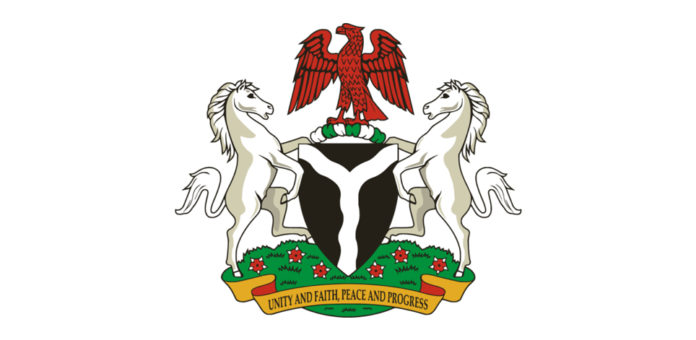FIC Report (Nasarawa State) – Recently, the UNICEF had reported that nearly 119 million girls were out of school across the world, largely from conflict-torn countries and third world nations, which Nigeria is not an exception.
One of the many reasons for the rising number of out-of-school girls in Nigeria is the traditional impediment. This has barred women and girls to have limited level of education or total access to formal education.
Poverty, child marriage, gender-based violence, poor families and girl-child safety and hygiene issues have also contributed in threatening girls’ education in the country.
The Adolescent Girls Initiative For Learning and Empowerment (AGILE) Project is committing resources to fade out the challenges and improve on girl-child education at the secondary level of education.
In Nasarawa State, the AGILE has been essential in touching the educational lives of the girls positively with conditional cash support to over twenty thousand students in the state especially at low-transition rate local government areas like Lafia, Keana, Wamba, Nasarawa, Kokona, Awe and Doma.
This is aimed at improving secondary education access to girl-child in order not to thwart their aspirations at a critical point of their development.
Understanding that the success of the AGILE Project requires a collaborative approach from relevant stakeholders, the AGILE Project in Nasarawa State provided a platform for media roundtable with media executives, consultants and practising journalists to brainstorm and amplify the clarion need for successful implementation of the project.
Speaking at the one-day media roundtable, State Project Coordinator, Aisha Aliyu Isoga, sought the support of the media as gatekeepers and agenda setters of the society to ensure the public is educated and sufficiently informed on the importance of providing level-playing ground for girl-child education.
According to Isoga, girl-child education remains a veritable tool in national development, noting that development in any society would be grossly lopsided if the girl-child is not given quality education.
The coordinator said negative social norms contributed in worsening the scourge, calling on traditional and religious leaders to continue to enlighten their subjects on the significance of education.
Commending Governor Abdullahi Sule for his immense role in the intervention project, she said AGILE’s impact in 2025 would be massive.
During a panel discussion, media practitioners, Alfred Akwe, Grace Amirikpa, Musa Abdullahi Ogoshi and the State Chairman of the Nigerian Union of Journalists, Salihu Mohammed Alkali highlighted the crucial need to sustain the unsettling efforts in girl-child education in the state, pledging that the media has a lot to contribute in changing the life-threatening narrative.
Also, speaking with some participants of the media roundtable, State Chairperson of National Association of Women Journalists, Hadiza Lamido posited that girl-child education with the support of the media would go a long way in shrinking infant-maternal mortality, child marriage and enhance national economic growth.
The participants resolved that media accessibility should be improved upon, maintaining that language barrier, community engagement, cost of education, regular enlightenment programmes, literary engagement should be considered to end the challenge.
Signed
ARI, LIMAN AMINU.
HEAD OF CENTRE,
FIC, LAFIA.






